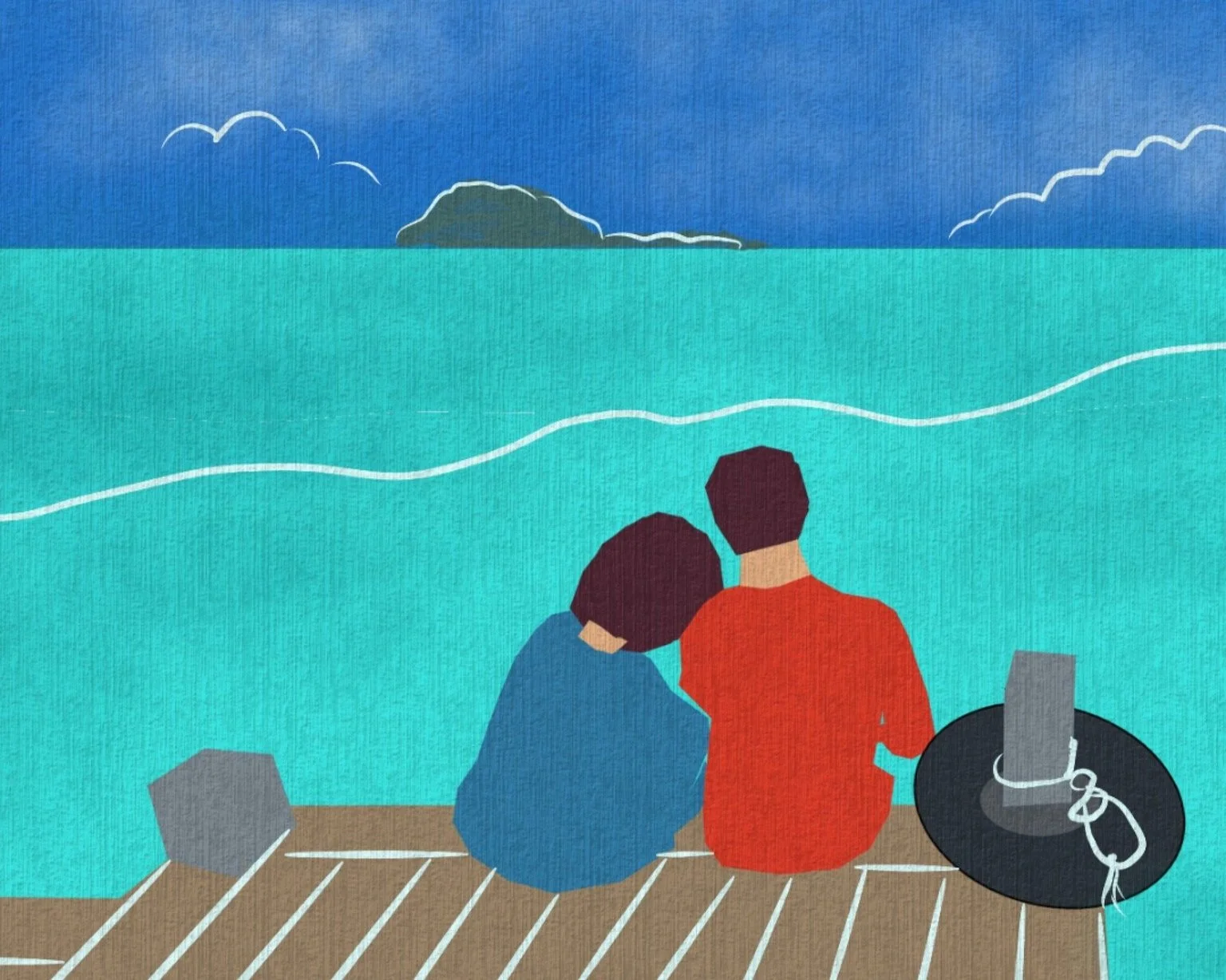By Maya Chandy
Are you in a relationship, but finding it difficult to muster up the energy and enthusiasm that
you’d like to have? If you’re experiencing depression, the simplest ways of showing up in your
relationship might feel too difficult. In fact, in the midst of a depressive episode, you can easily
feel hopeless, lethargic, and unmotivated, making it difficult to meet your partner’s, emotional,
physical, and logistical needs.
When you are coping with immense emotional discomfort, you might be unable to support your
significant other when they are stressed or upset. Or maybe you no longer have the bandwidth
for intimacy and affection. Even what you once thought were small favors like running an errand
or cooking a meal becomes a burden. That said, understanding how depression is interfering with
your relationship can help you work through such obstacles.
What is Depression?
Depression is a common mental health condition that negatively influences how you think, feel,
and behave. Depression can be constant or episodic and usually involves psychological and
physical symptoms.
Most people with depression experience at least some of the following symptoms:
Inexplicable Sadness
Excessive Guilt
Despondence
Low Motivation
Irritability
Low Libido
Self-Isolation
Fatigue
Appetite Changes
Why Depression Impacts Your Relationship
1. Isolation
When dealing with depression, you feel mentally and physically unwell, so you are more
inclined to keep to yourself. While understandable, isolation if far from ideal because
relationships require conversations and quality time to thrive.
2. Poor Self-esteem
In the face of depression, motivation tends to dwindle, so paying attention to your
appearance becomes an arduous endeavor. Even previously simple tasks like taking a
shower may seem exhausting. This takes a toll on your confidence, which often triggers
withdrawal and causes you to doubt your partner’s attraction. Not to mention, low self-
esteem elicits self-sabotaging tendencies like wanting to act out or pushing your partner
away.
3. Low Libido
Symptoms like low confidence and chronic exhaustion are expectedly connected to your
sex drive. For many couples, sex facilitates connection and plays a key role in meeting
physical and emotional needs. As a result, you might feel like something is missing in
your relationship or, without clear communication, your partner may wonder if you are
still attracted to them.
4. Irritability
It becomes easier to grow frustrated with others while depressed since depression creates
a negativity bias, which causes you to fixate on problems and perceived insults, while
dismissing positive occurrences and praise. If you don’t notice the best parts of your
relationship and are annoyed by the smallest issues, you are likely to snap at others,
creating tension between you and your partner.
5. Pulling Your Weight
Relationships generally have romantic and practical components. In other words,
especially if you live together, you and your partner share responsibilities in terms of
household chores, bills, and childcare (if applicable). Given that depression is associated
with fatigue and decreased productivity, your significant other could feel over-extended
or frustrated at times.
6. Hopelessness
Hopelessness, one of the most common symptoms, can unfortunately seep into your
relationship. Believing your relationship is destined to end usually means investing in
your joint future is more challenging than it would be otherwise.
7. Overarching Unhappiness
Emotions are contagious, suggesting, to a degree, your partner probably feels your
discomfort, sadness, or desperation. These emotions can incorrectly lead both of you to
assume the relationship is inherently unhappy. In reality, treating your depression could
positively shift your outlook on your relationship as well.
How to Deal with Depression in a Relationship
1. Increase Communication
When possible, talking through the ways depression is contributing to particular
behaviors allows your significant other to further empathize with your situation. For
example, if you are more tired or irritable than usual, saying you aren’t quite yourself
informs your partner that you are aware of what’s going on and that they aren’t doing
something wrong. Also, telling your partner how you’d like to be supported is not only
useful for you but also keeps them from feeling helpless.
2. Spend Time Together
Schedule time for fun, simple activities like watching a movie of going for a walk.
Creating opportunities to smile, talk, and laugh together facilitates closeness and might
even alleviate your symptoms.
3. Try Therapy
Sometimes you can’t manage depression own your own. In these cases, therapy can be
extremely useful by helping you navigate roadblocks and acquire much needed coping
tools. Fortunately, the therapists at HavenMHC are not just equipped to treat depression
but are also well trained in both couples and individual counseling. We’d love the chance
to support your recovery, so reach out for a free consultation and take the first step to
thriving both in your personal life and in your relationship.
————
References
Cherry, K. (2020). What is a Negativity Bias? Very Well Mind.
Guest Author. (2019). How Anxiety and Depression May Affect Your Relationship. RTOR.
Santini, Z., Koyanagi, A., Tyrovalas, S., Mason, C., Haro, J. (2015). The Association Between
Depression and Social Relationships: A Systematic Review. Journal of Affective Disorders,
175(1), 53-65.
Torres, F. (2020). What is Depression. American Psychiatric Association.


